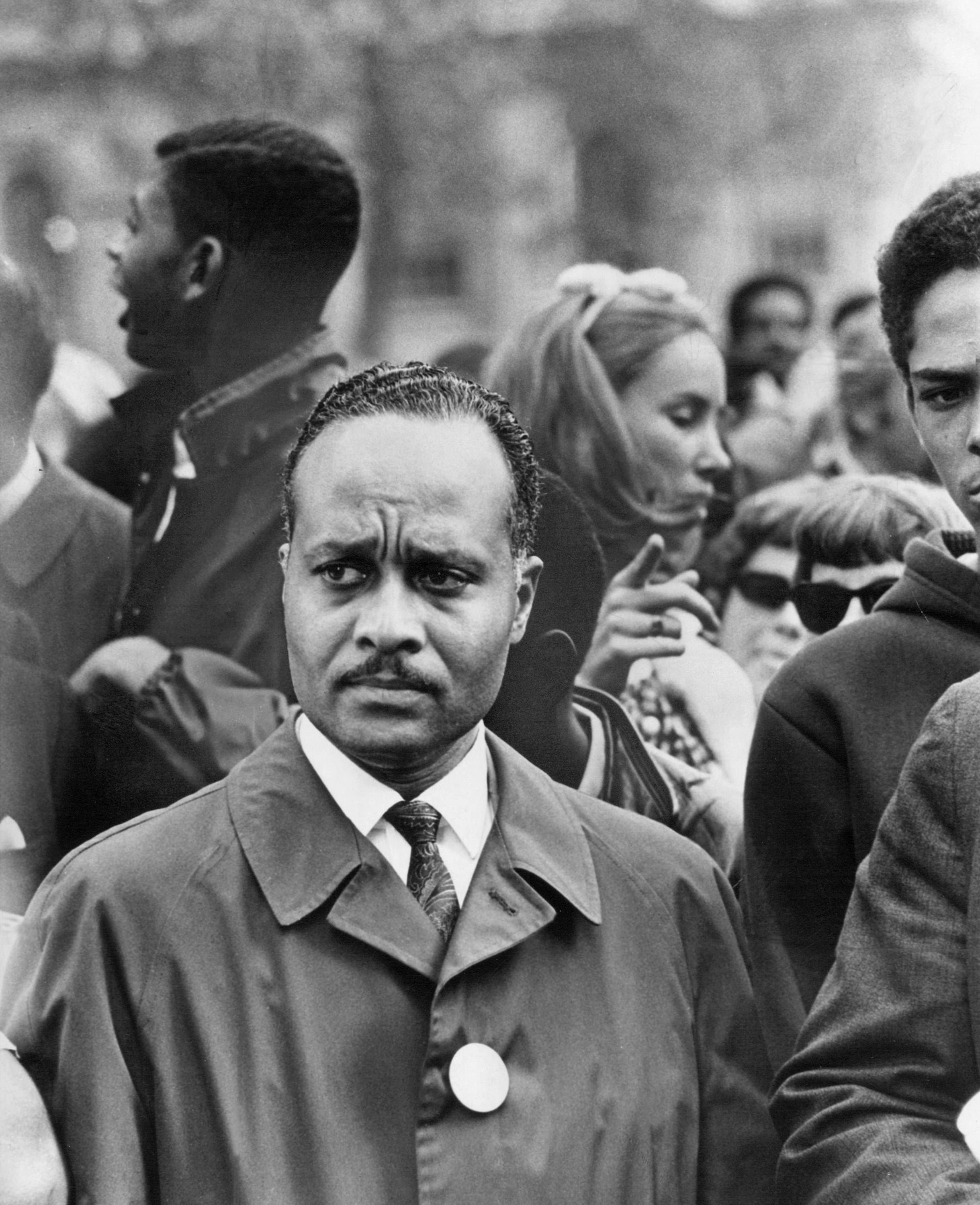Rev. C. Herbert Oliver, civil rights activist, dies at 96
The Rev. C

Your support helps us to tell the story
From reproductive rights to climate change to Big Tech, The Independent is on the ground when the story is developing. Whether it's investigating the financials of Elon Musk's pro-Trump PAC or producing our latest documentary, 'The A Word', which shines a light on the American women fighting for reproductive rights, we know how important it is to parse out the facts from the messaging.
At such a critical moment in US history, we need reporters on the ground. Your donation allows us to keep sending journalists to speak to both sides of the story.
The Independent is trusted by Americans across the entire political spectrum. And unlike many other quality news outlets, we choose not to lock Americans out of our reporting and analysis with paywalls. We believe quality journalism should be available to everyone, paid for by those who can afford it.
Your support makes all the difference.The Rev. C. Herbert Oliver, a civil rights activist who documented police brutality against African Americans in Alabama in the early 1960s and later fought for public school reform in New York City, has died. He was 96.
Oliver died Nov. 30 in New York City after struggling with several health problems, his daughter, Patrice Oliver, said at his funeral in Brooklyn on Wednesday, according to an online video of the service. Oliver's relatives could not be reached Saturday.
Oliver was born in Birmingham Alabama, on Feb. 28, 1925.
From 1960 to 1965, he was the executive secretary of the Inter-Citizens Committee in Birmingham and worked with other clergy members to fight discriminatory policing led by Public Safety Commissioner T. Eugene “Bull” Connor, according to a profile of Oliver published in 2018 by his alma mater, Wheaton College, near Chicago.
The committee documented more than 100 cases of alleged brutality and civil rights violations by Birmingham police.
“I would keep my eyes on the newspapers, and the newspaper would carry stories about people who had been beaten and arrested by policemen,” Oliver told the Wheaton Magazine. “I would find the victim and ask them to tell us their story. Invariably, the stories the victims would tell us were different from the stories the newspaper would put out.”
By 1965, police brutality cases had dropped off and Oliver moved to Brooklyn, where he was pastor of the Westminster Bethany Presbyterian Church from 1967 to 1992.
Oliver led a new local school board in Brooklyn in the predominantly Black area Ocean Hill-Brownsville from 1967 until it was disbanded in 1970 amid controversy. The board's transfer of teachers, many of them white and Jewish, out of the school district led to a citywide, 36-day teachers' strike in 1968, and eventually the board's disbanding, The New York Times reported.
"There was a lack of good education, and the teachers and principals were not from the community or invested in the students,” Oliver told the Wheaton Magazine. “We were trying to settle the unrest of the community centered in schools.”